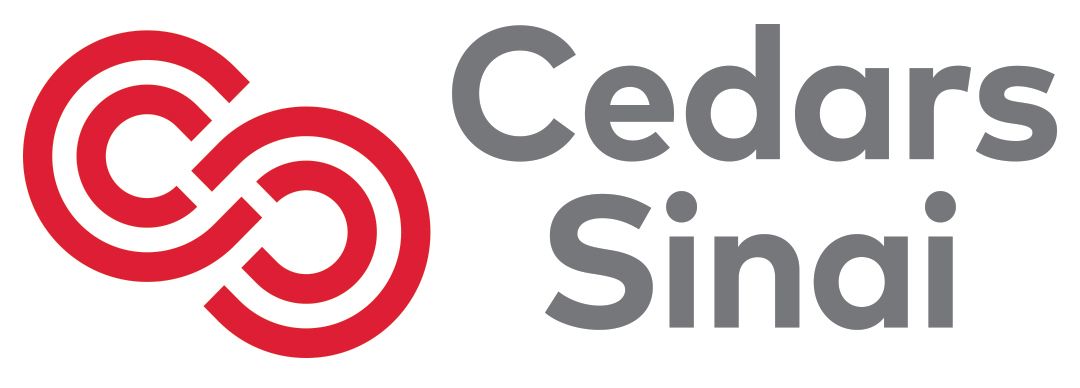
Dr Reckamp on the Effect of Adjuvant Atezolizumab on Patient Outcomes in Resectable Stage IB-IIIA NSCLC

Karen L. Reckamp, MD, MS, discusses updated findings from the phase 2 LCMC3 trial in resectable stage IB to IIIB non–small cell lung cancer.
Karen L. Reckamp, MD, MS, professor of medicine, director, Division of Medical Oncology and Lung Institute, Cedars-Sinai Medical Center, associate director, Clinical Research, Cedars-Sinai Samuel Oschin Comprehensive Cancer Institute, discusses findings from an exploratory analysis of the added benefit of with adjuvant atezolizumab (Tecentriq) in the phase 2 LCMC3 trial (NCT02927301) in resectable stage IB to IIIB non–small cell lung cancer (NSCLC).
The single-arm, multicenter LCMC3 trial investigated the use of neoadjuvant atezolizumab followed by surgical resection and optional adjuvant atezolizumab in this population. Patients were required to have stage IB to IIIA NSCLC without EGFR or ALK sensitizing alterations, and measurable disease.
All patients received 2 cycles of neoadjuvant atezolizumab prior to surgery. Individuals who experienced some clinical benefit from neoadjuvant therapy according to investigator assessment were provided with the option to receive up to 1 year of adjuvant atezolizumab after adjuvant chemotherapy with or without radiotherapy. The trial was previously reported to have met its primary end point of a major pathologic response (MPR) rate of more than 20% in patients who received neoadjuvant therapy.
An exploratory analysis of LCMC3 compared outcomes in patients who received adjuvant atezolizumab after undergoing treatment with neoadjuvant atezolizumab and surgical resection vs those who did not, Reckamp says. At the time of data-cut off, the MPR-evaluable population consisted of 137 patients. Of these patients, 21% had an MPR. Patients in the MPR-evaluable group experienced a 3-year disease-control rate (DCR) of 72%, and a the 3-year overall survival (OS) rate of 82%. The median duration of follow-up for these data were 3.0 and 3.1 years, respectively.
Further analysis of patient outcomes according to those who received optional adjuvant atezolizumab or not, showed a survival benefit in the adjuvant atezolizumab group, Reckamp reports. The 3-year disease-free survival (DFS) rate in this group was 83% vs 64% in the non-adjuvant atezolizumab group. Similarly, 3-year OS rates were 89% and 77%, respectively. Regarding safety, 63% of patients in the adjuvant atezolizumab safety population (n = 57) experienced treatment-related adverse effects (AEs).
Although these data are encouraging, LCMC3 was not a randomized, controlled trial, Reckamp notes. Therefore, these outcomes may not be entirely attributable to the impact of adjuvant atezolizumab, Reckamp concludes.
Disclosure: Dr. Reckamp reports working as an independent contractor for Mirati, Genentech, Blueprint, Calithera, Daiichi Sankyo, Elevation Oncology, Janssen, Amgen, AstraZeneca, EMD Serano, GSK, Merck, Seattle Genetics, and Takeda; she reports receiving institutional support from Mirati, Genentech, Blueprint, Calithera, Daiichi Sankyo, Elevation Oncology, and Janssen.



































